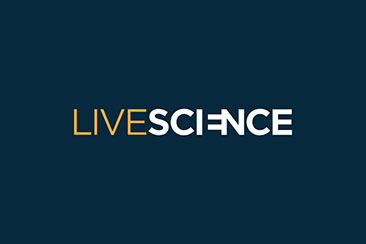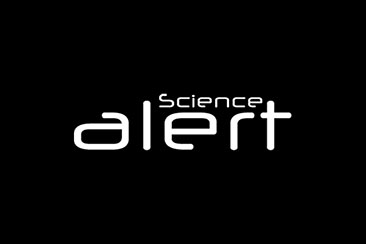Can adults make new brain cells? New study may finally settle one of neuroscience's greatest debates
Scientists say they have very strong evidence that the adult human brain is capable of making new neurons, a point of ongoing controversy in neuroscience.
Read More


